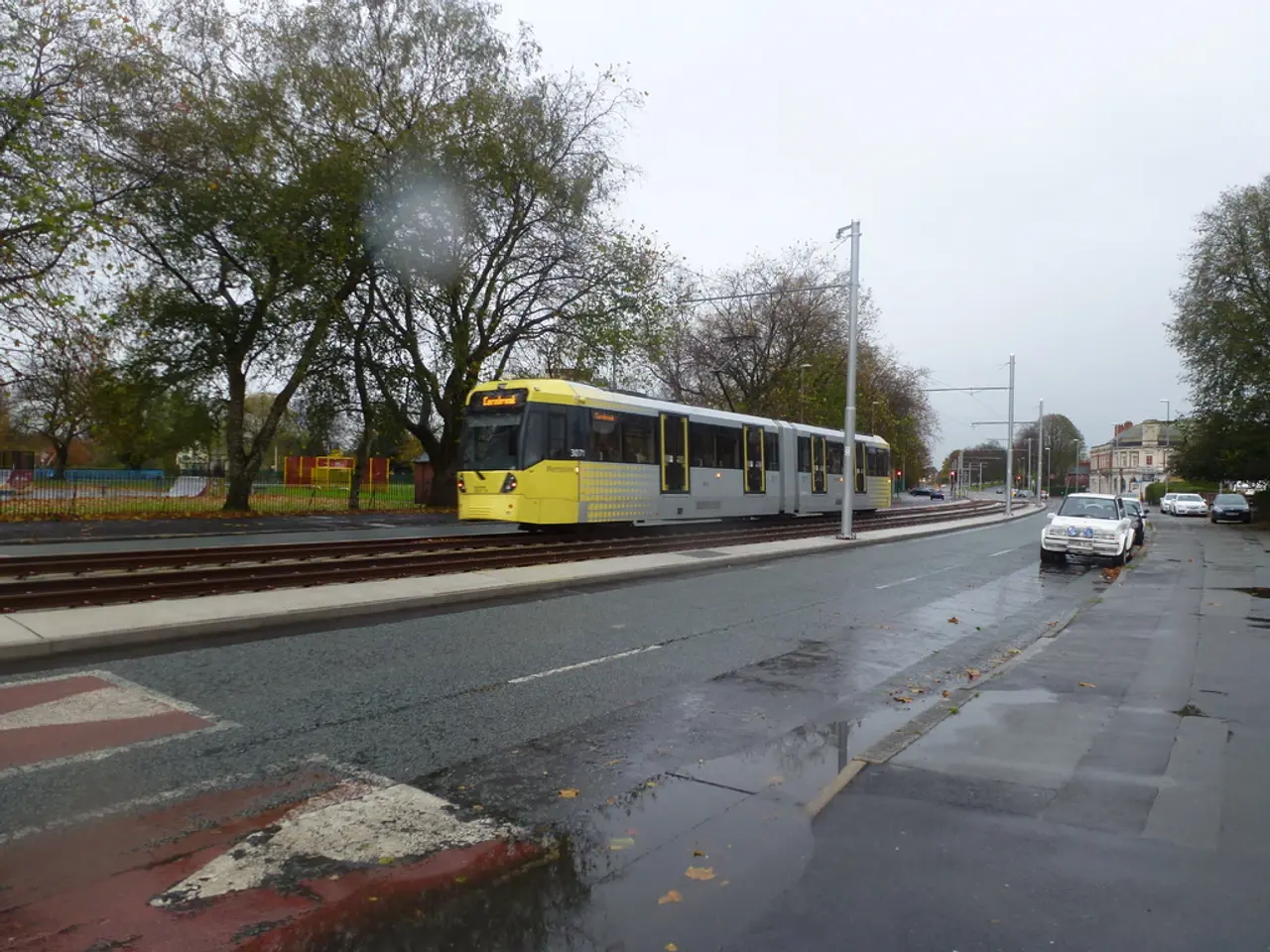Understanding the Differences: Socialism vs. Capitalism
In the realm of economic systems, two ideologies have long been debated: free market economy and socialism. These systems, with their distinct approaches, offer different answers to the fundamental questions of production, distribution, and consumption.
The free market economy, rooted in the ideas of eighteenth-century economist Adam Smith, emphasises individual initiative and competition. In this system, resources are primarily owned by individuals, who aim to maximise profit by charging competitive prices or offering high-quality goods. This system is often referred to as capitalism or a market economy.
On the other hand, socialism, initiated by the nineteenth-century economist Karl Marx, is a command economic system where the government controls resources. Under socialism, resources and means of production are owned by the public, either through democratically elected governments or public enterprises. The government plays a significant role in all economic activities, including production, distribution, and consumption, with the aim of ensuring resources benefit all, not just capital owners.
One of the key differences between these systems lies in the efficiency of resource allocation. In a free market, prices change to match supply and demand, encouraging efficient use of resources. Conversely, under socialism, prices are controlled by the government, leading to potential inefficiencies as businesses are not profit-oriented and do not compete with each other.
An interesting case study is Bolivia, which for about 20 years leaned strongly towards socialism under the MAS party. However, in 2025, there was a clear shift away from socialism as voters chose a conservative government due to economic crises and dissatisfaction with socialist policies. Today, the government's role has been reoriented towards a more market-friendly and democratic-institutional approach after decades of socialist governance.
The debate between free market economy and socialism also extends to income distribution, unemployment, and private property. In a free market economy, income distribution depends on the law of supply and demand, often leading to economic inequality. Unemployment is a common phenomenon in this system. In contrast, under socialism, income distribution is determined by the government, aiming to ensure fairness, and the economy is likely to reach full employment.
Marx, in his critique of free market economy, argued that self-interest can hurt others and that business owners exploit workers by paying them less than their value. This perspective highlights the need for careful consideration when evaluating the merits and drawbacks of each system.
In conclusion, while both free market economy and socialism offer unique solutions to economic questions, each system has its strengths and weaknesses. The choice between these systems often depends on the specific context, values, and goals of a society.
Read also:
- visionary women of WearCheck spearheading technological advancements and catalyzing transformations
- Recognition of Exceptional Patient Care: Top Staff Honored by Medical Center Board
- A continuous command instructing an entity to halts all actions, repeated numerous times.
- Oxidative Stress in Sperm Abnormalities: Impact of Reactive Oxygen Species (ROS) on Sperm Harm








